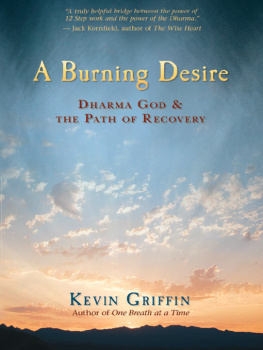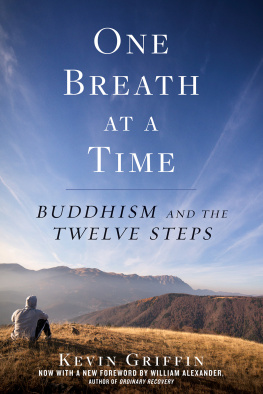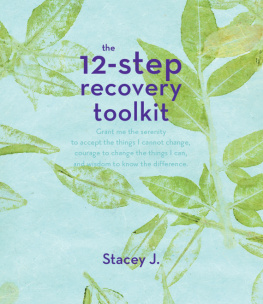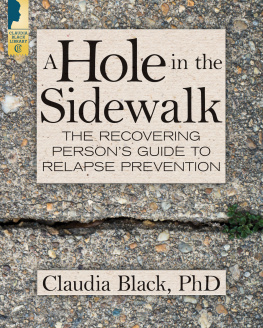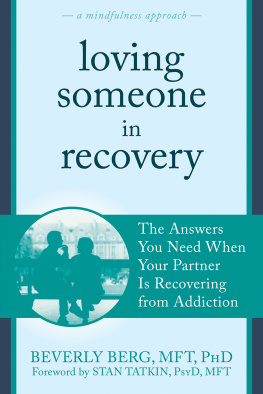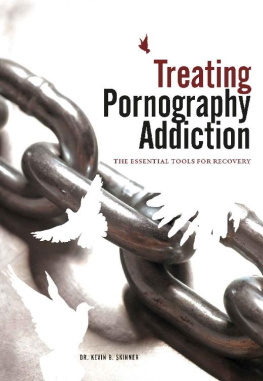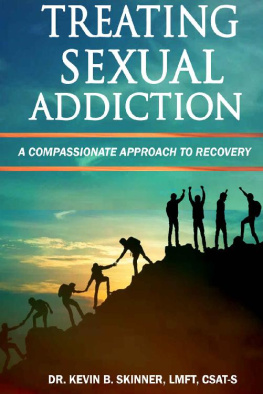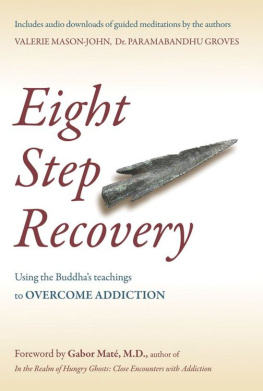
Dedicated to my daughter, Graham, who brings me unalloyed joy.
CONTENTS
INTRODUCTION
Im not really a happiness guy. In my teens, I found myself depressed and started to adopt a self-view as someone who was unhappy. Over the years, I wrote sad songs (which was actually kind of fun), commiserated with other depressives (which was quite comforting), and generally embraced depression and unhappiness as signs of my emotional sensitivity and realistic worldview. Nonetheless, some years ago, one of my Buddhist teachers started to talk about how we can cultivate positive mind states. This sounded more sophisticated than merely trying to be happy, and since Id often been in negative mind states and had a distinct distaste for them, I decided to play along.
Next thing I knew Id been hooked into reading a book called How We Choose to Be Happy, just the sort of thing I would normally avoid. And, lo and behold, the thing made sense. It was practical and it resonated with my Buddhist understanding of how things work. Mainly what I got from this book was the idea that I can impact how happy I am by how I live my life. It turns out, Im not fated to be unhappy; I can actually have an effect on my own mind states.
People in recovery from addictionspeople like mealready know that our behavior affects our moods and our overall sense of well-being. If we didnt realize it before we got clean and sober, we certainly saw it afterward. Nonetheless, a recovery path like the Twelve Steps, while its obviously about ridding ourselves of the things that make us unhappy, doesnt necessarily cultivate positive mind states. Admitting our powerlessness, writing a moral inventory, trying to abandon character defects, and making amends are very challenging tasks. They often bring up a lot of tough feelings about ourselves. Not surprisingly, after yearsand sometimes decadesof addiction, it can be easy to get stuck in judging ourselves as bad people, as people who are flawed and even undeserving of happiness.
I want to help people in recovery avoid or get out of such ways of thinking. I want to help you see that in recovery there are often already many causes for happiness that you simply need to appreciate. And I want to help you see the ways you might still be undermining yourself and to find ways to let go of these negative habits, both behaviors and ways of thinking. Maybe we cant exactly choose to be happy, but if we are in recovery or moving toward recovery, I think we can do a lot to make happinessand joy and freedoma lot more likely.
Those who know me might be chuckling right now, because I can be pretty negative myself. I sometimes say that I can turn lemonade into lemons. But Ive also worked hard at creating a happy life. The elements of happiness that Im going to describe are integral to my life. I have plenty of bad moods and difficult moments, but fundamentally Im very contented with my life. And, in fact, remembering how good my life is, despite the moods, is one of the keys to what I define as happiness.
In this book, I want to give you ways to cultivate positive mind states and a happy life, but I dont want to be too prescriptive. In that spirit, I offer you Reflections that I hope will help you do a few things: first, to see how you are already happy; second, to understand how you get in the way of your own happiness; and third, to imagine ways you can bring more happiness and contentment into your life. I also offer Practices, which are more active and practical ways of working with the ideas in the book, including different forms of meditation.
Reflections are opportunities to think deeply, contemplatively, and honestly about things. Much of the time in our lives we do things automatically, habitually, and reactively. We do what weve always done; we think what weve always thought or what weve been told to think; we dont engage creatively in our lives. As long as there are no big crises, we just go along thoughtlessly.
Reflection can be done by taking quiet time, whether on a solo walk in nature, a silent meditation, or just sitting back for a few moments in the middle of our day. Reflecting can happen in one of these moments, or over the course of a few days or longer, as some issue or idea keeps rolling around in our minds. Whats important isnt the setting or the amount of time, but the attitude of openness and inquisitiveness. With reflecting, we try to get in touch with our deeper longings and intentions; we try to connect with the most sincere part of ourselves, with our hearts; we try to drop our defenses and fears, our judgments and assumptions. We try to understand what is really true for us.
Reflection can also be done with a trusted friend, sponsor, or teacher. We should always take care when we reflect with someone else that we arent just adopting their view, or, on the other hand, reflexively rejecting their suggestions. Reflecting can be done as we listen to someone share in a Twelve Step meeting or speak in a meditation group.
Be careful, though: reflection isnt spacing out. The key to reflection is that you are intentionally thinking, consciously following a stream of inquiry, not just ruminating. The concept of near enemies can clarify this difference. A near enemy is something that looks similar to something else but is actually quite different. For instance, the near enemy of compassion is pity; the near enemy of equanimity is apathy. In the same way, the near enemy of reflection is rumination, a rambling semiconscious string of familiar, habitual patterns of thought. Reflection gets you somewhere new; rumination just repeats the same old fears, resentments, grievances, and fantasies.
With Practices, you are usually asked to do something more specific. Many of these are meditations or at least meditative. The meditation practices in this book are based on the Buddhist teachings on mindfulness. These teachings are especially useful in looking at your own mental activity, your thoughts and feelings, your prejudices and opinions, your reactions and impulses. In tracking these patterns, we begin to free ourselves from habitual behaviors and to make more conscious choices in our lives. Mindfulness is also a key to doing the Reflections, because we need to be able to keep our minds on track and focused, not drifting off into daydreams and ruminative thought in order to reflect clearly.
This book follows what the Buddha called a gradual path, as I build on the main elements of our lives that need to be addressed to bring happiness: integrity, relationships, work, inner life, play, health, and money. Mindfulness is addressed early on as the key tool for this work. The final chapter brings all the elements together to help you build a plan for your own happiness. At any point, you can jump to that last chapter to look at how to address any of these elements.
NOT UNHAPPY

When you hear the word happiness, you probably have your own sense of its meaning. Before I got sober, I thought it meant something like being in a good mood all the time or having loads of fun with no responsibilities. Thats not how I define happiness now. In fact, several years ago when stuck in a long period of difficult moods, depression, and irritability, I found myself saying, Im depressed, but Im not unhappy. What did that mean?
What I was saying was that nothing was wrong with my life. I was healthy, had a loving family that I adored, and found great satisfaction in my work. I understood by that time that troubling moods seemed to be a persistent, if intermittent, part of my life, but that they didnt impinge on the essential value and meaning of my life or the satisfaction I derived from it. I think it has partly been this attitude toward moods that has allowed me to be less controlled by them.
Next page

